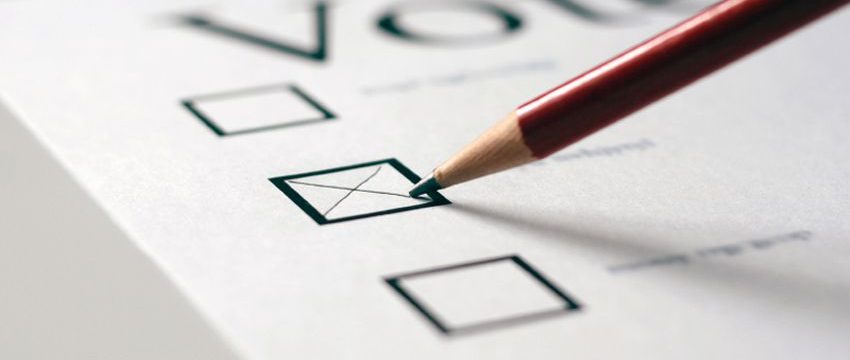
Two constitutional amendments on the November ballot represent a rare opportunity to streamline, simplify, and improve Louisiana’s tax structure. They are the product of months of hard work and the kind of compromise and give-and-take that represent government working the way people expect it to. Now, as the election approaches, there are isolated voices raising questions about them. That’s to be expected, but the arguments for supporting these amendments remain compelling.
Louisiana’s sales tax system has more problems than you can shake a stick at. It’s considered one of the worst in the country and causes huge headaches, particularly for local businesses. They’re the ones who collect both state and local sales taxes on behalf of those governments. In almost every state they remit that money to a single governmental entity which distributes it from there.
But not in Louisiana. Here local businesses have 54 agencies to send money to, in jurisdictions where many have different rates, different exemptions, and different interpretations of what should be taxed. Constitutional Amendment #1 seeks to streamline some of that process by creating a single commission to receive and distribute the sales taxes collected by local businesses, much like the process we allow for online retailers from out of state.
But some don’t want that. They seem to worry that somehow this new commission might hold on to the money too long or put in place policies that would be detrimental to local governments. That’s not likely. The single collection system works well in other states and this amendment has built-in safeguards that ensure that policies can only be enacted with a significant degree of consensus.
Amendment #2 deals with another tax problem. Louisiana has a low income tax burden compared to states that levy an income tax, but our tax rates are higher. Why is that? Because our income tax structure is complicated by deductions most states don’t have. So, outsiders get sticker shock when they see rates higher than all our neighbors, but not the deductions that effectively reduce that rate. This hurts us when it comes to attracting new people and jobs to Louisiana.
Amendment #2 addresses this with a simple swap. It eliminates or reduces those unusual deductions in exchange for lowering the rates. In practical terms that means more than 90% of taxpayers will see a small tax cut and Louisiana’s income tax rates will be the lowest of any state around us that collects the tax.
Passage of the amendment will do something similar with corporate income tax rates, while eliminating the archaic corporate franchise tax for small businesses and lowering it for most larger ones. And because all of this is done by swapping unorthodox tax deductions for lower rates, it’s basically revenue neutral for the state – neither a cut in funding, nor an increase.
Some have expressed concerns about the amendment because it does not raise additional revenues for the state. That’s true. And in some areas, they feel it might not go far enough. But the reality is, it does more to bring about meaningful restructuring of the income tax than anything Louisiana has seen in decades. That’s a real positive.
Of course, even the best proposals run into isolated pockets of opposition. That’s always the case. But it’s worth noting that these amendments passed the Legislature overwhelmingly in bi-partisan votes. They are supported by a wide swath of the business community, local chambers, and nonpartisan policy organizations like CABL. And there is no opposition from the associations representing the various branches of local government that would be most affected by the changes in sales tax collections.
Polls seem to indicate that citizens want politicians to work together across the aisle and across interests to seek solutions that will make a difference. These amendments do that. And when that happens, we as voters should validate that hard work.
The best way to do that is by voting yes on Amendments 1 and 2.
For more details on all of the amendments on the November 13 ballot, visit the CABL website.
